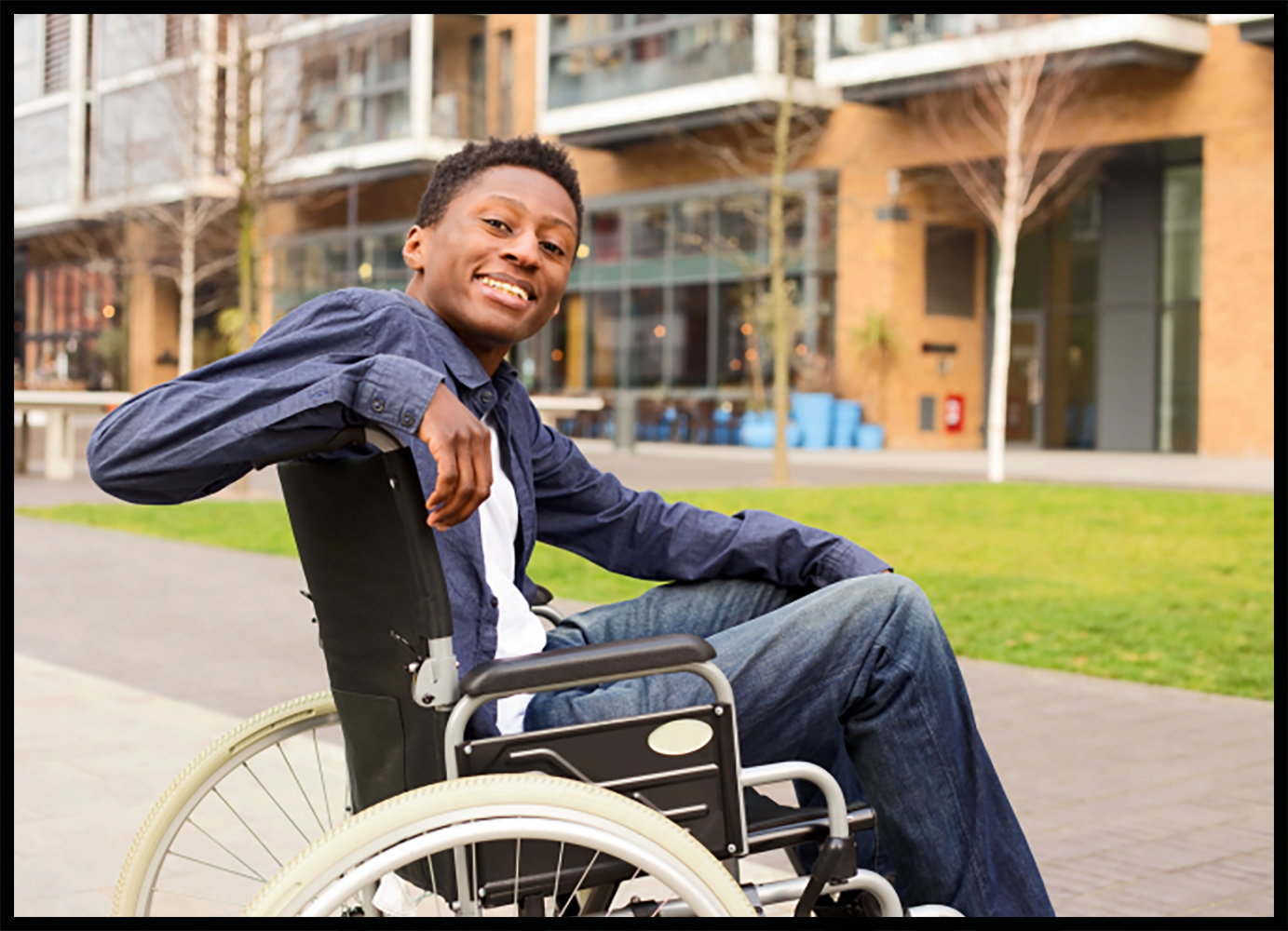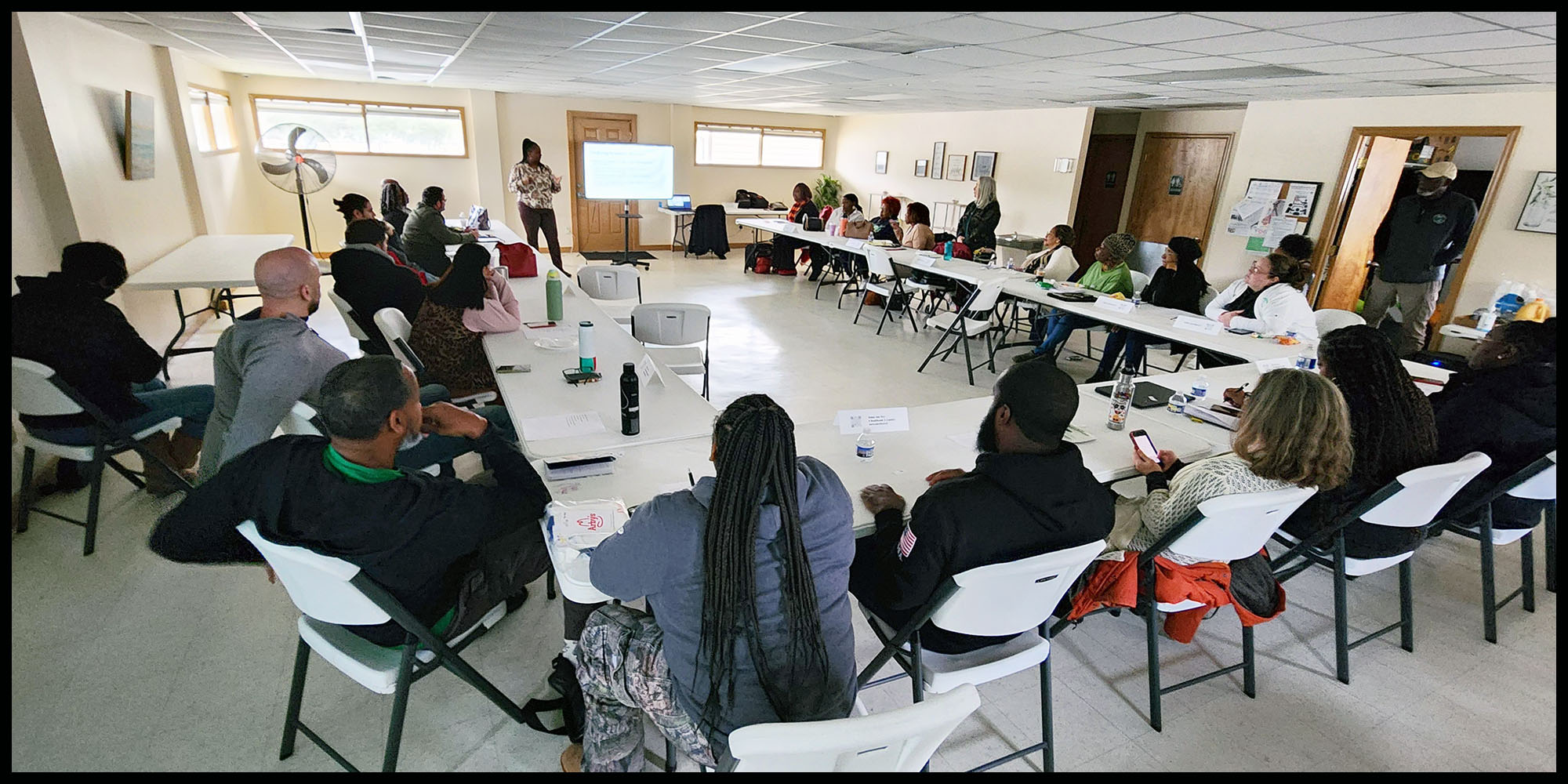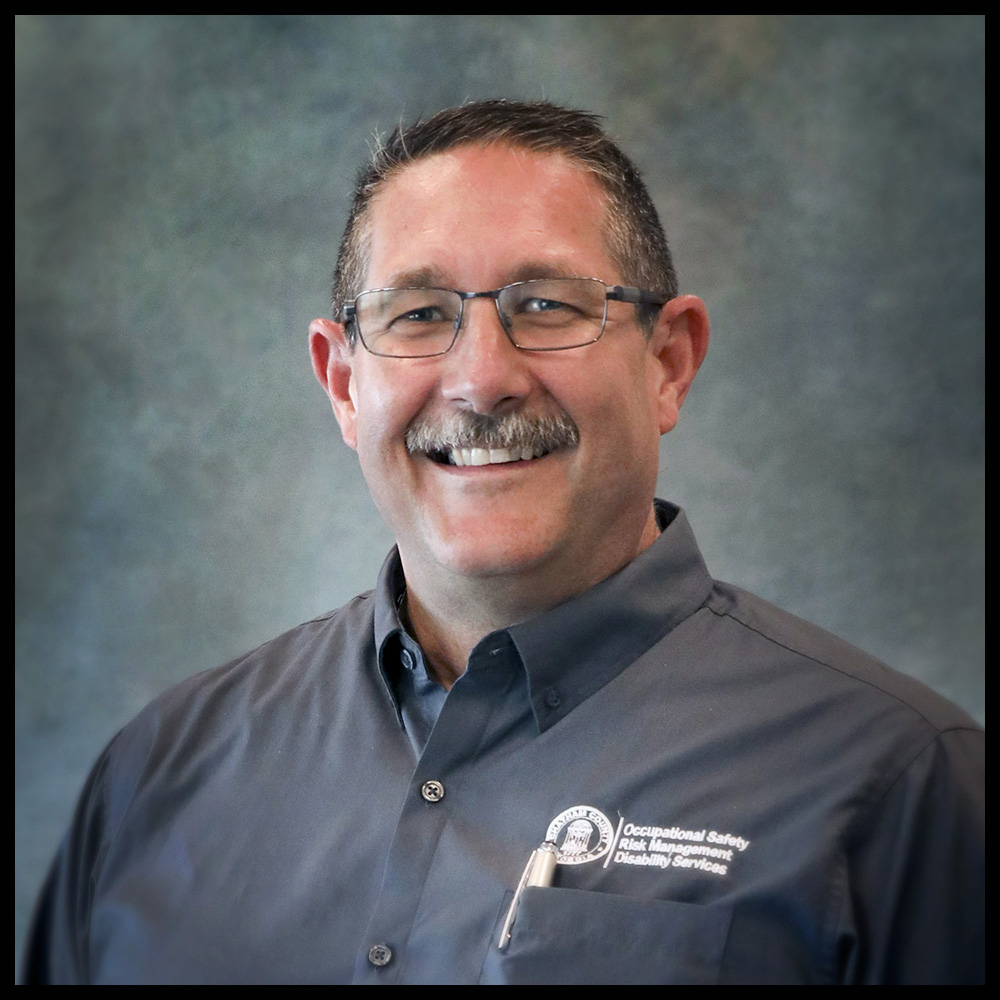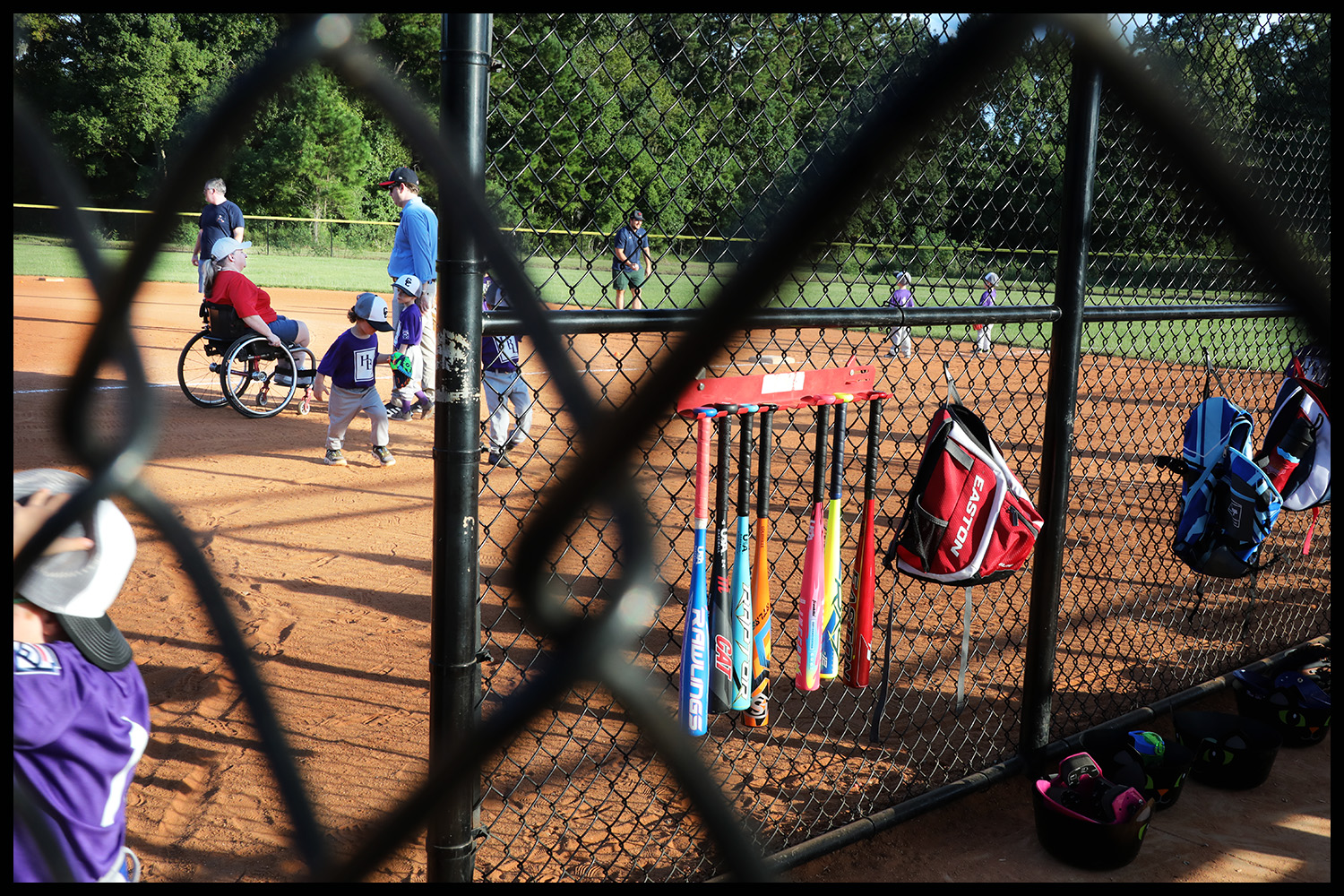No Barriers

“Aren’t we all human? Don’t we all deserve to be treated equally and respected?”
At “Exploring Disability Inclusion,” a training workshop hosted this month by Chatham County’s Therapeutic Recreation program, this quote from Australian supermodel Madeline Stuart set the tone. Stuart is not only a star on the world’s fashion runways, she is also an advocate and FORBES Game Changer in the arena of Disability Inclusion. Madeline Stuart has both Down Syndrome and Autism, and yet she is succeeding at the very highest level in her chosen life path.

The workshop given by Adriane Davis of Quality Kare touched on the history, laws, principles, best practices, and even etiquette associated with leveling the playing field for those with disabilities. In her words, the mission is “to enable them to live a high quality of life, be an active part of their community, and make informed decisions regarding their lives.”
Ben Lewis, Chatham County’s ADA coordinator, sums it up more succinctly: “No barriers.” The Americans with Disabilities Act (ADA) has been the law of the land since 1990, but Lewis thinks about it from a people-first position. “The way the County sees it is we’re all one. We have employees that have special needs, we have citizens that have special needs. So if we make it inclusive, we’re thinking about our ramps, we’re thinking about the way we build our buildings. We think about where in the building we put columns and bathrooms and so forth. Then we're being inclusive and that makes it better for you -- and for me, if you think about it.”
The County’s goal is 100% inclusivity, and Lewis works energetically to find and remediate barriers at every level. He encourages Team Chatham members and members of the public alike to use the My Chatham app to give him a heads up about any barriers that they may foresee or have experienced accessing any County facility or service. Advocacy for Disability Inclusion often is simply acting on what we notice -- noticing a barrier in a building and reporting it, or noticing people with disabilities and being welcoming, seeing the people before the disability.
“Common courtesy” he says, “and empathy for what it takes for them to fully experience anything that someone without a disability would experience. These are the types of things we talk about within Team Chatham. In a world that often feels split by our differences, promoting kindness and ensuring everyone can access what they need is vital. When we talk about accessibility, we don't just mean making buildings wheelchair-friendly; It's about making sure everyone, no matter their abilities, can join in and succeed. A truly caring society includes everyone, values our differences, and works hard to remove barriers that hold some people back.”

